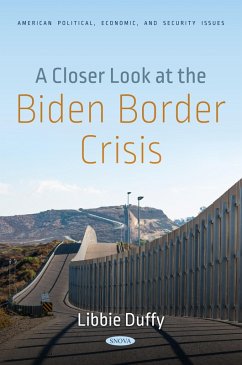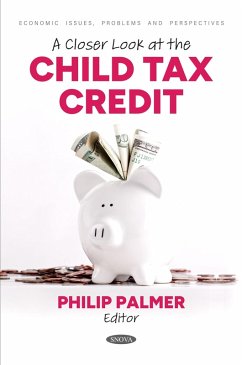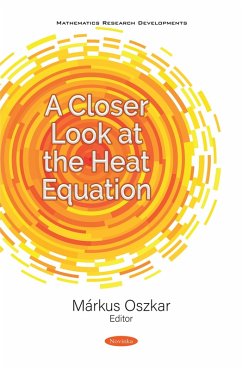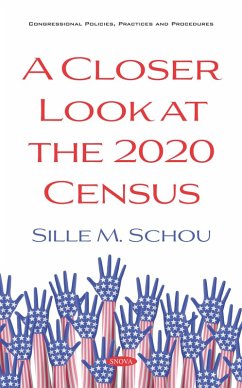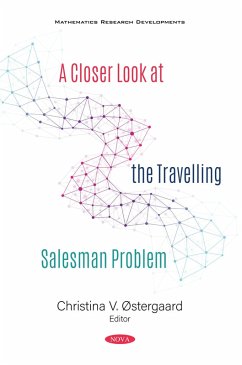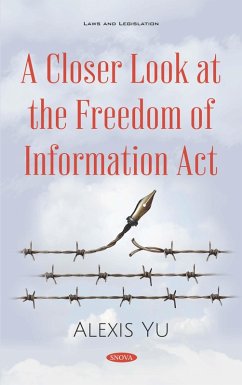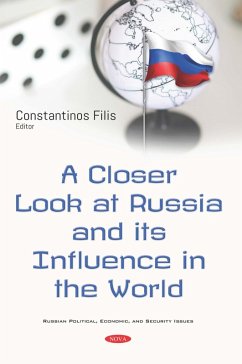
Closer Look at Russia and its Influence in the World (eBook, PDF)

PAYBACK Punkte
106 °P sammeln!
In 1939, Churchill described Russia as "a riddle, wrapped in a mystery, inside an enigma," distilling what an uncomprehending West feels as the 'otherness' of an eccentric power. Many Westerners have but a shallow understanding of Russia. They project onto it characteristics that are not necessarily consistent with reality, or they see only part of the picture, adopting unexamined, stereotypical views. As a result, we often assess Russia on the basis of Western standards, over- or underestimating it and failing to fully understand the trends and dynamics that supervene within the country to in...
In 1939, Churchill described Russia as "a riddle, wrapped in a mystery, inside an enigma," distilling what an uncomprehending West feels as the 'otherness' of an eccentric power. Many Westerners have but a shallow understanding of Russia. They project onto it characteristics that are not necessarily consistent with reality, or they see only part of the picture, adopting unexamined, stereotypical views. As a result, we often assess Russia on the basis of Western standards, over- or underestimating it and failing to fully understand the trends and dynamics that supervene within the country to influence its foreign policy. President Putin may not have definitively altered the face of his country, but he did regain for it a standing and prestige disproportionate to its actual capabilities, reviving national pride. There are opportunities as well as risks for Moscow in the post-Western world of multiple uncertainties. Putin the pragmatist, while not in a position to proffer an alluring alternative to Western ideology, exploits every opportunity to call into question the foundations of the existing system, which was shaped in the wake of the Second World War and further consolidated after the dissolution of the USSR, and serves first and foremost the interests of the U.S. and its European allies. Russia is seen by many in the West as a revisionist power, but it carefully chooses when, where and how it acts to further its revisionist agenda. It is manifestly more assertive in its near abroad - the post-Soviet space - but is becoming more confident in medium-abroad regions like the Middle East, where it is filling the gap left by Washington's reluctance to intervene. Moscow has even begun to leave its mark on the African region. Today's Russia seems more comfortable communicating with authoritarian regimes worldwide and capitalises on many Westerners' disappointment in and outrage at the policies of the Western establishment. Likewise, populists and extremists (e.g., Le Pen in France, Salvini in Italy, Orban in Hungary) have reached an understanding with Moscow, but we can't tell (despite the obvious indications) to what extent they coordinate their actions with the Kremlin. At the same time, Russia's economy, while not in straits as dire as some would have us believe, is not in a position to support Moscow's ambitions and certainly needs to be decentralised and become less dependent on exports of raw materials, investing in innovation and new technologies, with a focus that goes beyond the defense sector. In the current volume, we try to shed light on many factors that will define Russia's fate and its relations with the world. Twenty-six authors from diverse backgrounds and nine countries provide insightful answers to the following questions: What is the identity of Putin's Russia? How does the country's economy influence its international position? What are the main vectors of its foreign policy, and to what extent is this policy shaped by an underlying ideology? What soft-power, hard-power and hybrid tools does it employ, and what role does energy play? How are its relations with key global and regional players (the U.S., the EU, Germany, China, Egypt) shaped? And how and why is it asserting itself on the regional level: in the post-Soviet space, the Middle East and the Southeast Europe?
Dieser Download kann aus rechtlichen Gründen nur mit Rechnungsadresse in A, B, BG, CY, CZ, D, DK, EW, E, FIN, F, GR, HR, H, IRL, I, LT, L, LR, M, NL, PL, P, R, S, SLO, SK ausgeliefert werden.




